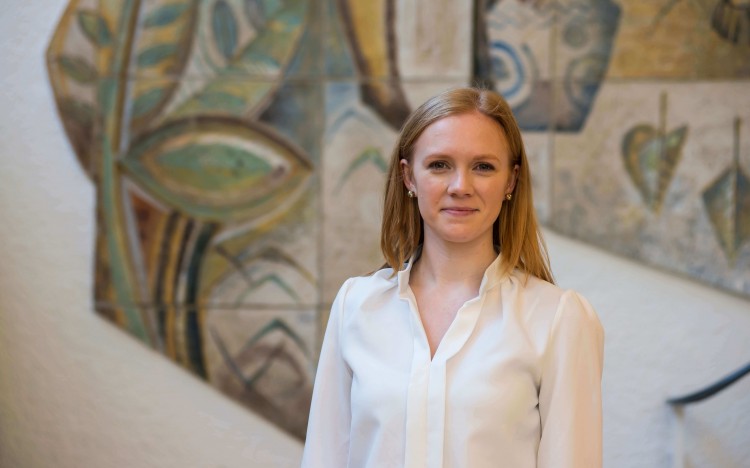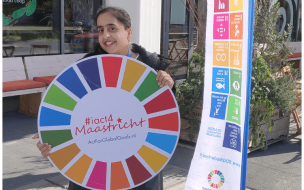It’s difficult to know where your abilities rank in relation to the rest of the world—and this challenge is sure to intensify when you’re putting in a job application.
However, there are ways to combat this uncertainty.
At Maastricht School of Management (MSM) in the Netherlands, students on the Master’s in Management and MBA take part in a Career and Personal Development Track (CPDT), where they are given a crash course in how to assess their abilities and present themselves favorably to employers.
“It’s very practically-oriented,” says Hermina Kooyman, the manager of enrolment and career services at MSM and the director of the CPDT. “I’ve heard from students going to other career events that they’re often very theoretical and not very practical—here, there are a lot of practical tips and hands-on advice that they can use.”
“Students often don’t realize what their strengths are”
What differentiates the CPDT from other courses of its kind is its focus on the needs of the Dutch market. Hermina reports that the school has conducted an in-depth study on what these needs are and the results have been used it to adapt the program, making sure that students are as prepared as possible for what employers are looking for.
“There are two things that employers are looking for in The Netherlands that are more important here than they are in other markets,” explains Hermina. “One is creative thinking—that’s extremely important in the Dutch market—and the other is project management.”
Both of these skills are taught in modules throughout the Master’s in Management and MBA program at Maastricht School of Management, but Hermina emphasizes that the value of the CPDT is largely in helping students to highlight these strengths in their job applications.
“We show them how to approach companies correctly, so that they can actually stand out and be remembered when companies receive 500 CVs per day,” Hermina says. “But most importantly, students learn a lot about using their strengths—we do that through the personal development part.
“Students often don’t realize what their strengths are, or how important those strengths are for a job in specific markets.”

For Abigail Daley, a Master’s in Management graduate at MSM, these insights into her profile were invaluable. She had chosen MSM because she wanted to become more familiar for the business landscape in Maastricht and expand her network there, so that she could take her career to new heights after graduation.
“MSM did a very good job of offering workshops in the career and personal development track that covered a wide range of topics,” she says. “These included mindfulness, conflict resolution, improvisation, decision-making, and standing up for what you believe in.
“What was most useful for me was becoming more aware of where I was in the process of [gaining] each of these skills—participating in the track made me more self-aware, and I left many of the workshops with an understanding of who I was and in what ways I could grow to be a healthier, stronger professional.”
Tell a good story
The most important individual skill that Abigail learned, she says, is how to give a good first impression to an employer. From body language to other aspects of self-presentation, the workshop she took part in as part of the CPDT-track has revolutionized the way she approaches her initial meetings with employers.
“This track taught me that soft skills are worth investing in, that the professional world is moving towards a time where they are recognized more and more,” she says.
Hermina agrees. Conveying your individuality and your strengths in a short meeting with a potential employer is always a challenge, but with the information and skills that students are taught in the CPDT-track at Maastricht School of Management, she believes that it’s not an insurmountable one.
“I think a lot of it is about telling a good story, and a good story is about the why,” Hermina muses. “If you don’t know why you’re doing something, you’re not going to be convincing to anyone—it’s about being convincing; that’s the key.”









